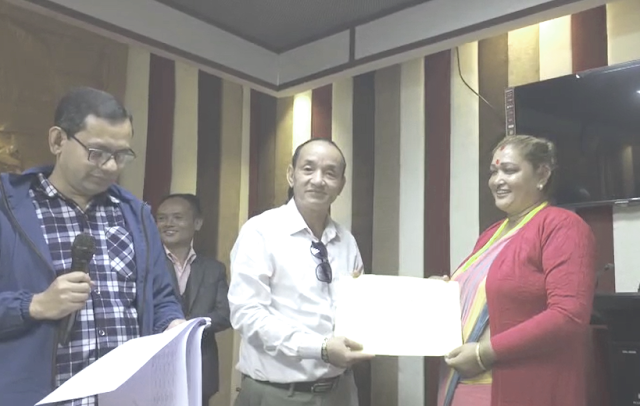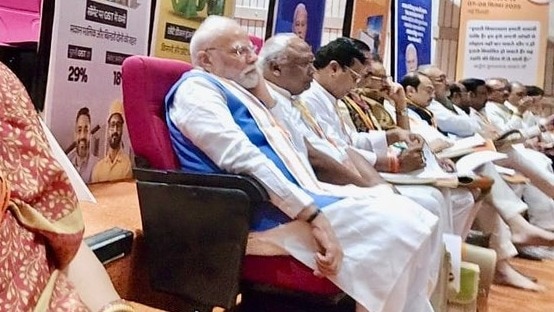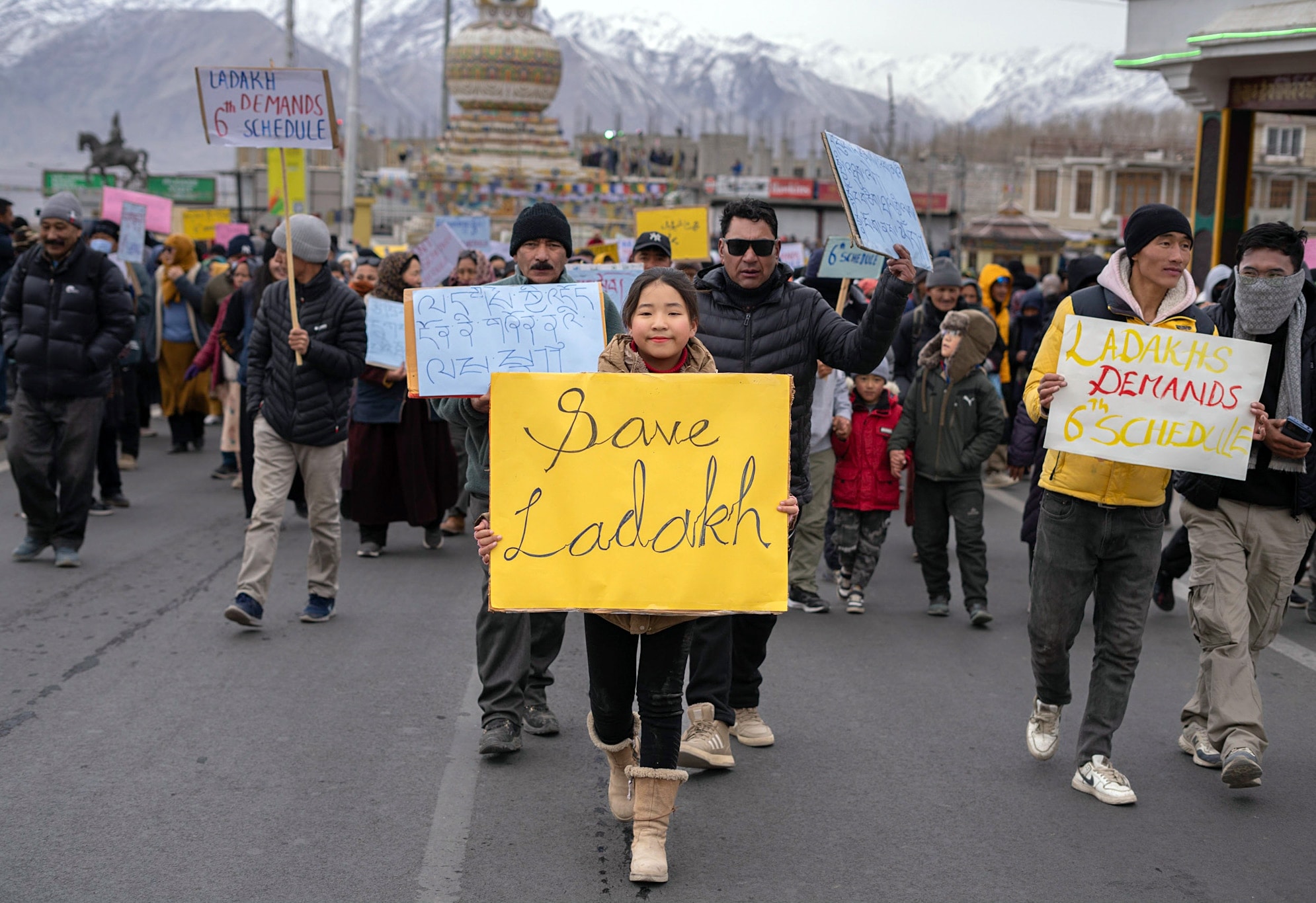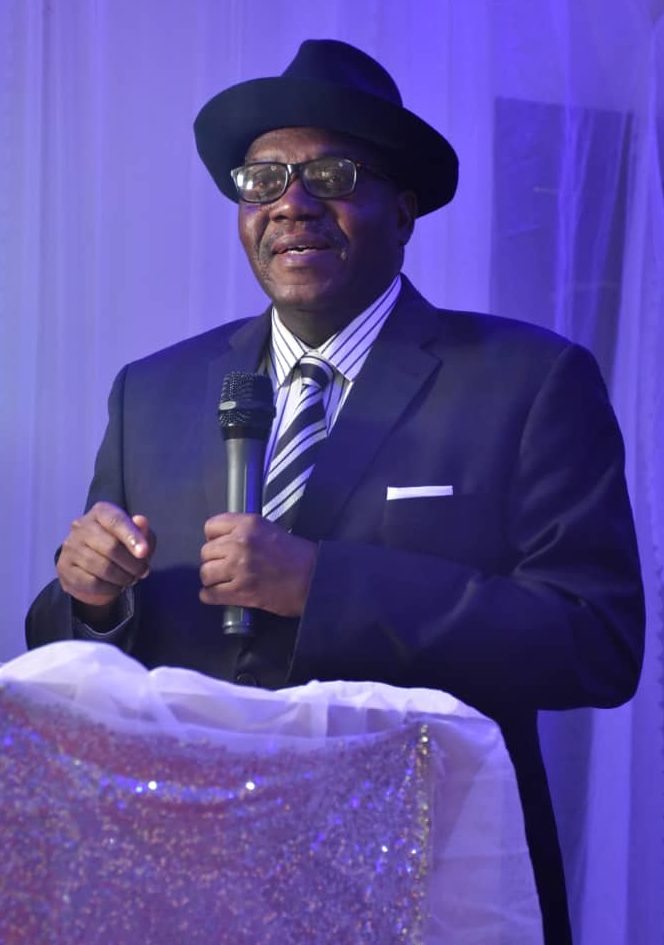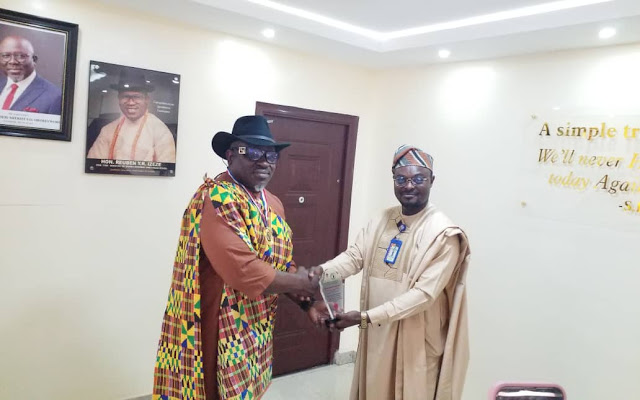BIKASH CHETRY, EOI, GUWAHATI, JULY 19, 2025 : Chairman of the Gorkha Development Council (GDC), Prem Tamang, announced that two important facilities — the Gorkha Multipurpose Complex Hall and a Gorkha Handloom Centre — will soon be set up for the benefit of the community.
Speaking exclusively to The Echo of India, Tamang said that these projects are part of his long-term vision to serve the Gorkhas of Assam, a community he deeply cares for and feels responsible toward.
Prem Tamang, who has been at the helm of the GDC since 2020, stated that it is his “sole duty and responsibility” to work for the welfare of the Gorkhas of Assam. He believes that the Gorkhas have contributed immensely to the culture, defense, and economy of the state and it is time they receive dedicated infrastructure to preserve their identity, promote their traditional practices, and strengthen the community’s presence in Assam.
According to the 2011 Census, there are around 5.96 lakh Gorkhas living across various parts of Assam. From the tea gardens of Upper Assam to the towns and cities in Lower Assam, the Gorkhas form a vibrant part of Assam’s society. Despite this, Tamang feels that the community has often been neglected in terms of government development schemes and infrastructure projects.
The new Gorkha Multipurpose Hall and Handloom Centre aim to address this long-standing gap.
The Multipurpose Hall will serve as a central location for cultural events, social meetings, and training programs for youth and women. It will also act as a hub for gatherings, seminars, and awareness campaigns that will benefit the community. Meanwhile, the Handloom Centre will provide a space for Gorkha artisans to showcase and promote traditional weaving and crafts. It will also offer training and production support, thereby giving a boost to local handloom and creating livelihood opportunities, especially for women in rural areas.
Tamang shared that when he took over as the Chairman of the GDC, he found that the council was suffering from a severe lack of funds. From 2010 to 2020, the total funds allocated to the council amounted to only Rs 23 crore.
“It was very difficult to carry out any meaningful development with such a small budget,” he said. However, in the last four years under his leadership, things have changed for the better. The council has received Rs 40 crore in government funds for the development of the Gorkha community. This, Tamang says, is a major achievement and a clear sign that the Assam government is now paying attention to the needs of the Gorkhas.
He also emphasized that the funds have been used wisely and efficiently. Over the past four years, the GDC has built several Gorkha Bhawans, cultural complexes, student hostels, and guest houses across different districts in Assam. These facilities have become important centers for the community.
For example, Gorkha Bhawans now host cultural events, youth programs, and community meetings, while the hostels provide accommodation for students from remote areas who come to cities for higher education.
The GDC has also worked in the education and skill development sectors. Tamang spoke in detail about the “Super 20” initiative, a special coaching program launched by the council to prepare Gorkha students for competitive examinations like the Assam Public Service Commission (APSC).
The initiative came under criticism from some sections of society, but Tamang strongly supported the program. “The selection process was completely fair,” he said. “We had a panel of nine respected Gorkha intellectuals, bureaucrats, and educators who followed strict guidelines during the student selection.”
Tamang said that many Gorkha candidates had appeared for the entrance test, and around 209 students were selected at the preliminary level. The program followed the APSC exam pattern to make the coaching relevant and useful.
“We want our students to succeed in civil services, and this coaching initiative is a step in that direction,” he added. The coaching was held in collaboration with Chanakya IAS Academy, which, Tamang said, was chosen because of its strong track record in preparing civil service aspirants. He also clarified that the decision to partner with Chanakya was made by the Assam government, not the council alone.
“Chanakya is one of the best institutes in this field, and they also provided food and lodging for the students. Instead of criticizing, people should appreciate this effort,” he said.
Tamang further stated that, in recent times, there has been unnecessary division within the community. “We must not think that we are two separate groups. Gorkhas of Upper Assam and Lower Assam are one. We are one people, and only through unity can we move forward and protect our language, culture, and traditions.”
He also said that even with a limited budget, the council is doing its best to meet the expectations of the people. Several temples, skill centers, and community buildings have been built in the past few years for the benefit of the Gorkha population. The council has made it a point to include everyone, from remote rural areas to larger towns, in its development activities.
When asked about the vision behind the upcoming Handloom Centre, Tamang said that it is not just about weaving. “The center will be a cultural hub. It will help promote traditional Gorkha clothing, weaving patterns, and craftsmanship. Many Gorkha women are skilled weavers, and this center will give them the space and support to turn their skills into income,” he said.
Training programs, modern equipment, and market linkage will also be part of the initiative to ensure sustainability. The multipurpose complex hall, on the other hand, will serve multiple functions. It will have spaces for cultural performances, meetings, training sessions, and exhibitions. “Our youth need a place where they can come together, share ideas, and grow as a community,” Tamang added.
The hall will also be used to organize language and dance workshops, health awareness programs, and leadership training for the youth.
Speaking about future plans, Tamang said that more initiatives are in the pipeline. The council is planning to launch more scholarship programs, digital literacy centers, and small business support schemes.
“Development is not just about buildings,” he said. “It is about empowering people and giving them the tools to succeed.”
Over the past few years, the Assam government has taken steps to improve the condition of the Gorkha community. In one instance, Chief Minister Himanta Biswa Sarma had said that Gorkhas were an inseparable part of Assamese society and must not be treated as outsiders.
Tamang appreciates this support and said that with continued cooperation from the government, the GDC will be able to achieve even more in the coming years.
There are also plans to promote Gorkha music and dance in schools and colleges. Cultural identity is a core focus of the council, and steps are being taken to ensure that younger generations remain connected to their roots. The GDC plans to publish books and materials on Gorkha history and traditions and work with educational boards to include Gorkha contributions in school curricula.



